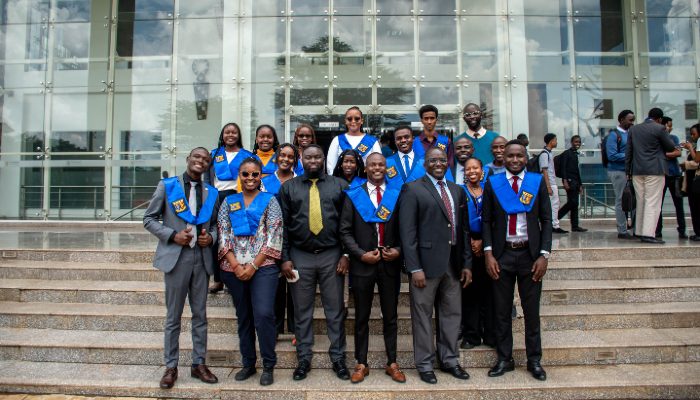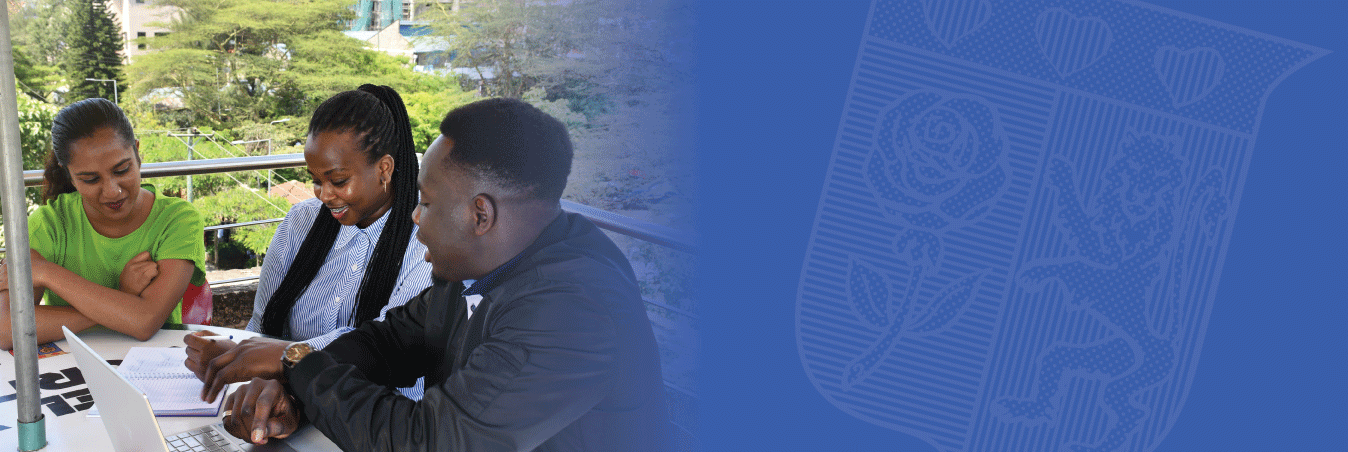It’s a strange and scary sensation to suddenly forget your own name. The huge arena seemed to close in on me, everyone staring as I stood there, lost. “Why and what am I doing here? What do all these people want from me?” At the corner of my eye, my attention was drawn to my manager who was gesturing for me to speak. I stumbled over my words “Umm.. I…”
Now, if I told you the fact of the matter—that I was experiencing stage fright—would you be as engaged?
It’s in our nature as humans to tell stories. Our minds crave narratives that keep us hooked and engaged to the end.
Back in my primary and secondary school years, imaginative writing held significant value and was a prized skill, fiercely coveted by students. One’s ability to write intriguing compositions could not only earn you top marks but also meant setting a benchmark for the entire class, and perhaps the auspicious opportunity for your work to be read during parade for others to emulate. To stand out, you had to have a knack for words.
Enid Blyton, Agatha Christie, and others were our most treasured storytellers. We also loved the character of Nancy Drew. I kept a black book brimming with new words I had learnt and their meanings. During an English exam, five to ten minutes, I would quickly flip through the book to find new words to use.
A few years later, I found myself walking the halls of Strathmore University. I never imagined I’d write anything compelling or imaginative, except for the hastily scribbled story za jaba when I couldn’t remember what to write during exams, hoping to salvage some marks, if not all.
In my 3rd year, we had a unit called Intercultural Communication and Diversity, which was taught by the remarkable Dr Beatrice Njeru. As part of her assignments for the three-month semester, we were tasked to create a blog on Medium, and submit a bi-weekly article that would constitute roughly 10% of our overall coursework evaluation. Dr Njeru instructed us to select either a topic covered in our lessons or a significant aspect discussed during class sessions as the content for our articles.
As an International Studies student, I found myself questioning the relevance of creating blogs since we were not communications students. However, despite my initial reservations, it turned out to be more challenging than I had anticipated. My highest score was only 12 out of 30. “Kwani sijui kuandika?”
Was I telling stories or storytelling?
All through her classes, Dr Njeru consistently provided detailed feedback on our writing to help us improve. I came to realize that storytelling was more than just presenting facts and summarizing recent lessons: the who, what, when, where, why. It required creating a compelling, memorable narrative that intertwined those facts in an interesting way, thus making it meaningful for the audience. She simplified it to the acronym SPEAKING:
Scene – the setting where/of the communication event.
Participants – who is your target audience?
End – What is the intended goal of your communication?
Act sequence – How does your story unfold and progress?
Key – The tone of your narrative is crucial!
Instrumentality – Which communication channel are you using?
Norms – Consider the cultural norms and values of your audience.
Genre – What type of storytelling format are you employing?
I had no idea that what she was teaching us then would become the foundation for my work today.
Daily grind…
As a storyteller, the struggles often fly under the radar. Wrestling with writer’s block is one of my biggest challenges: I can spend countless days staring at a blank screen, uncertain where or when the next spark of inspiration will strike. Yet, at other times, the words flow effortlessly within just a couple of hours. Additionally, I often grapple with self-doubt and the nagging fear of not being good enough. “Will my story connect with the audience? Will it receive praise or face harsh criticism?”
Content Development meetings and over-lunch book club sessions with my colleagues came in handy. Whether it was analyzing articles or diving into book reviews, we exchanged insightful perspectives. Our debut book choice was “Drunk” by Jackson Biko, which is a must-read recommendation. And what a coincidence that around the same time we were due to discuss our next book, we had the privilege of meeting the author himself! It was a thrill sitting at the feet of such a talented writer, absorbing his wisdom and insights, hoping to uncover the source of his passion and creativity.
Just last month, in February 2024, I had the opportunity to attend a workshop in preparation for drafting the University’s Integrated Annual Report. It was truly an honor to learn from Akinyemi Awodumila and his colleagues from Deloitte, who imparted invaluable knowledge about the art of storytelling in professional communication, particularly within the context of creating an annual report.
To the writers out there, even the newbies…
It gets better… well, I hope? Does it?
Reading is the cornerstone of writing. Dive into books from any genre of your liking and watch your skills grow. Continuously strive for improvement. Oh, and don’t forget the power of joining a community of fellow readers and writers—it can make all the difference in your journey!
Last year, I ran into Dr Njeru along the corridors of the Student Centre and shared my experience with her. As we shared a laugh, memories of the challenging times flooded back, yet there was a sense of satisfaction in seeing the fruits of her labor. Perhaps as she reads this, Dr Njeru will take pride in my progress… Maybe this time, an A awaits? I don’t know… Ahah…
Reflecting on my journey, I take pride in the strides I’ve made. Wishing myself a happy Storytelling Day! ( * usually celebrated on 20th March 2024)
Article written by Jemmy M. Kamau
What’s your story? We’d like to hear it. Contact us via communications@strathmore.edu
ALSO CHECK OUT
See more news-

Gen Francis Ogolla: How power of humility delivers transformative leadership* 25,Apr,2024
As the country mourns the Chief of Defence Forces of Kenya, General
-

Highlights from the SBS Undergraduate Fourth Years’ Gala Dinner* 25,Apr,2024
Friday, 8th March 2024 was an evening of celebration as students from the
-

Celebrating Humanities and Social Sciences 2024 graduates.* 25,Apr,2024
On Friday evening, April 19th 2024, Strathmore University held a celebratory gala
-

Elevating Tourism & Hospitality Leadership: Transformative trends shaping the future of the industry* 23,Apr,2024
On April 18, 2024, the Strathmore University School of Tourism and Hospitality
-

Towards Climate Resilience: Strathmore University, Imperial College Partnership* 23,Apr,2024
In a bid to foster joint efforts in tackling climate resilience issues,
-

Crossing Continents: Yvette Yego’s Transformative Journey through the Sciences Po Exchange Program* 22,Apr,2024
“I’ve gained extensive knowledge in international studies, interacted with diverse students from
-

Stratizens Explore Malaysian Cinema: Mechamato Screening at Sarit Center* 22,Apr,2024
Imagine being invited by the Malaysian embassy in Kenya to an exclusive
-

Strathmore Hosts the 2nd Mediation Summit on Employment Disputes* 19,Apr,2024
In a world where the dynamics of employment relations shape the very
-

Strathmore Tax Hackathon 2024: Cultivating Innovation in Tax Policy* 19,Apr,2024
In the heart of Nairobi, the prestigious Strathmore Law School hosted the
-

Transforming Mental Health Support for Students at Strathmore* 17,Apr,2024
In Kenya, within the bustling academic environment of universities, there exists a

